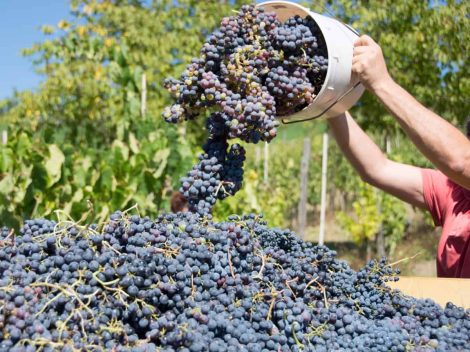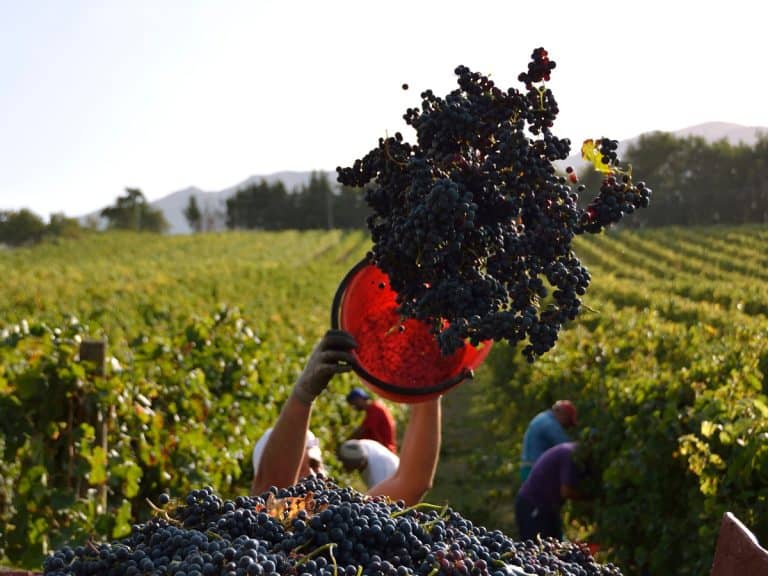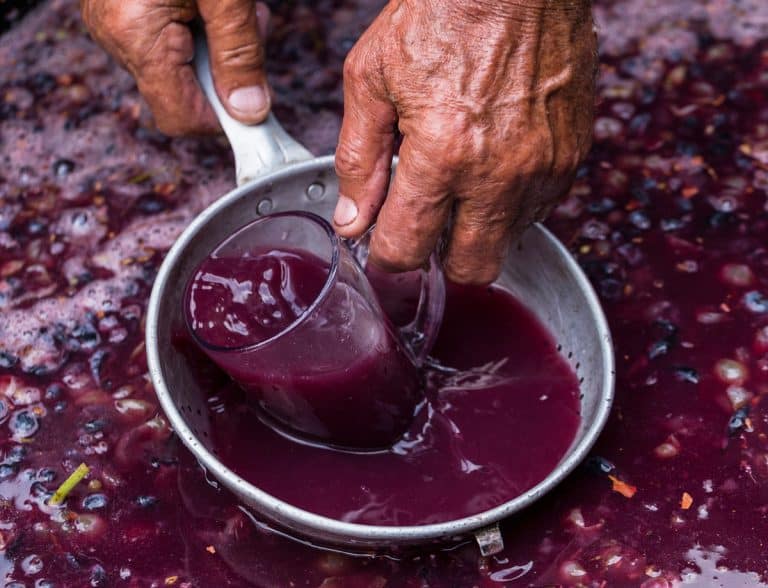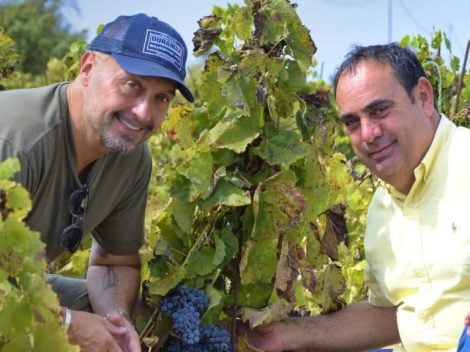Bottles sold at increasingly high prices worldwide, land values skyrocketing, but the reality has a different taste. There are 40 workers victims of exploitation in agriculture in the Langhe region, as reported by the Agi news agency. The judge of the Asti Court issued an order for precautionary measures, including a temporary ban on exercising professional or entrepreneurial activity against nine individuals (four Macedonians, four Albanians, and one Tunisian) responsible for gangmastering and for employing workers not compliant with residency regulations in Italy. For 30 of the 40 workers (mostly from Gambia, Senegal, Egypt, and Morocco), authorization for the release of a residency permit due to severe labor exploitation has been requested and obtained. Among these were also those who had found shelter in makeshift camps along the Tanaro river.

Al Jazeera investigation
This is not an isolated case, as evidenced by the numerous articles on the subject reported in recent months. Since April, local authorities have discovered over 30 cases of gangmastering among the Langhe vineyards, with the formula being more or less the same. Migrants are recruited by intermediaries - often migrants themselves - and forced to work in inhumane conditions for Italian wineries. Just recently, Al Jazeera's investigation, relayed by Alessandro Morichetti on Intravino, has caused a stir. Journalist Ottavia Spaggiari directly interviewed some vineyard workers, and the picture that emerges is devastating. All this, the correspondent notes, happens in an area - a UNESCO heritage site since 2014 - where a hectare of vineyard can cost up to 1.5 million euros and where a bottle of Barolo averages 50 euros, reaching nearly a thousand euros in rare cases.
Three euros per hour
"We couldn't even take breaks to go to the bathroom or drink water. If we slowed down or talked among ourselves, we were immediately threatened to be set on fire," says Sajo, a 36-year-old from Gambia. His working shifts last 12 hours a day, including weekends, averaging between 3 and 4 euros per hour. No type of contract and money paid under the table. The first Italian word he learned from his supervisors was "anduma!" which means "let's go," repeated constantly. Another worker, Balla, also from Gambia, recounted several episodes of racism, in addition to late payments and often lower than promised payments.
Workers' rights activists believe that these cases are just the tip of the iceberg, estimating between 4 and 5 thousand workers in the vineyards in Langhe, with at least two-thirds at risk of exploitation. The president of the Barolo Barbaresco Consortium, Matteo Ascheri, expressed concern about the potential impact of the scandal on the Barolo brand. "If a winery commits an offense, it discredits all the other wineries. It's a big problem."


 "Reduce yields per hectare instead of asking for money to uproot." Frescobaldi criticizes the protection Consortia
"Reduce yields per hectare instead of asking for money to uproot." Frescobaldi criticizes the protection Consortia Where to eat Arancine in Palermo according to Gambero Rosso: the definitive guide
Where to eat Arancine in Palermo according to Gambero Rosso: the definitive guide The best extra virgin olive oils from Campania selected by Gambero Rosso
The best extra virgin olive oils from Campania selected by Gambero Rosso Revolution on Conero: the land of red wine discovers Rosé and sparkling wine, and invests in them
Revolution on Conero: the land of red wine discovers Rosé and sparkling wine, and invests in them Attention: wine is not made with an instruction manual
Attention: wine is not made with an instruction manual






